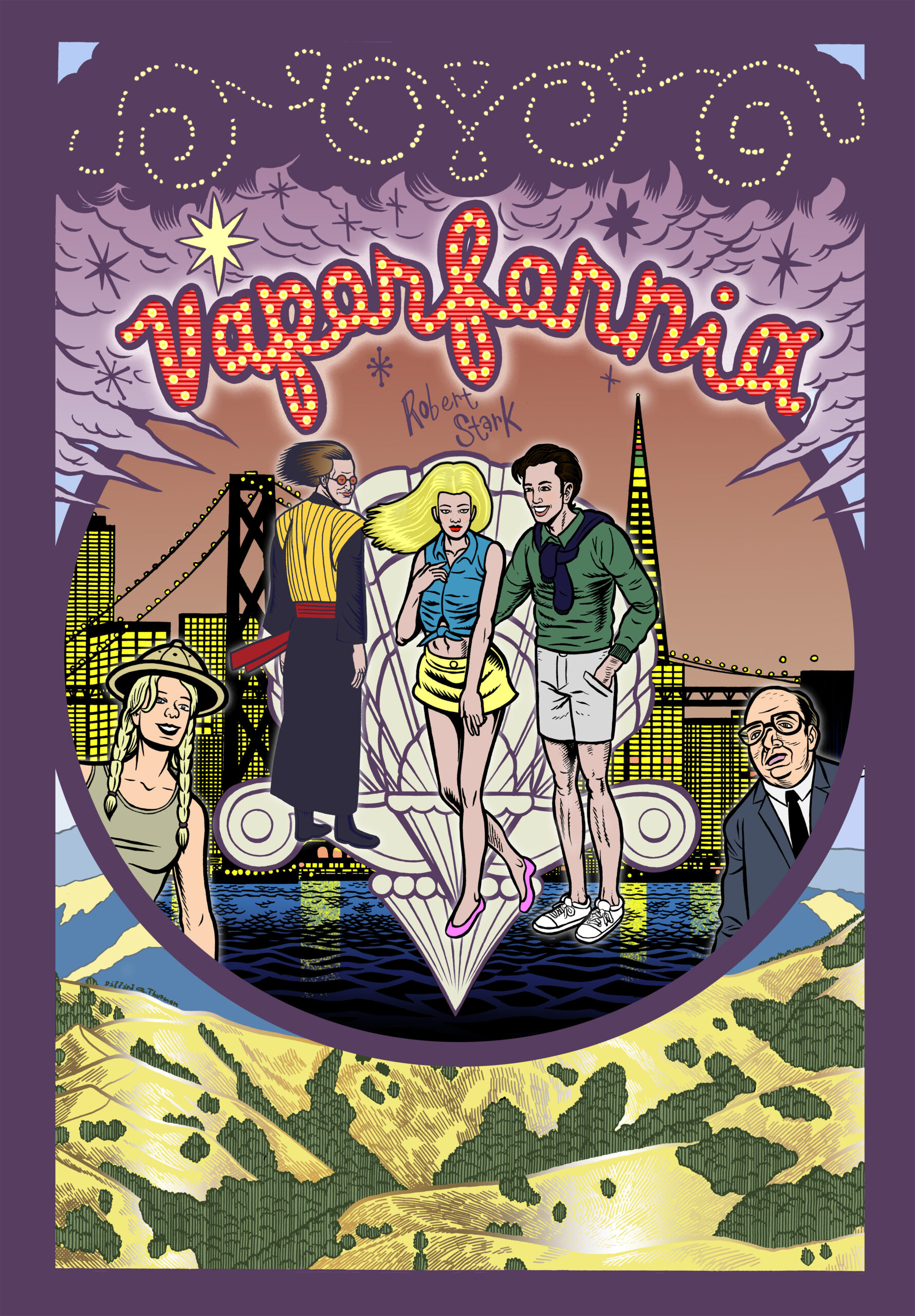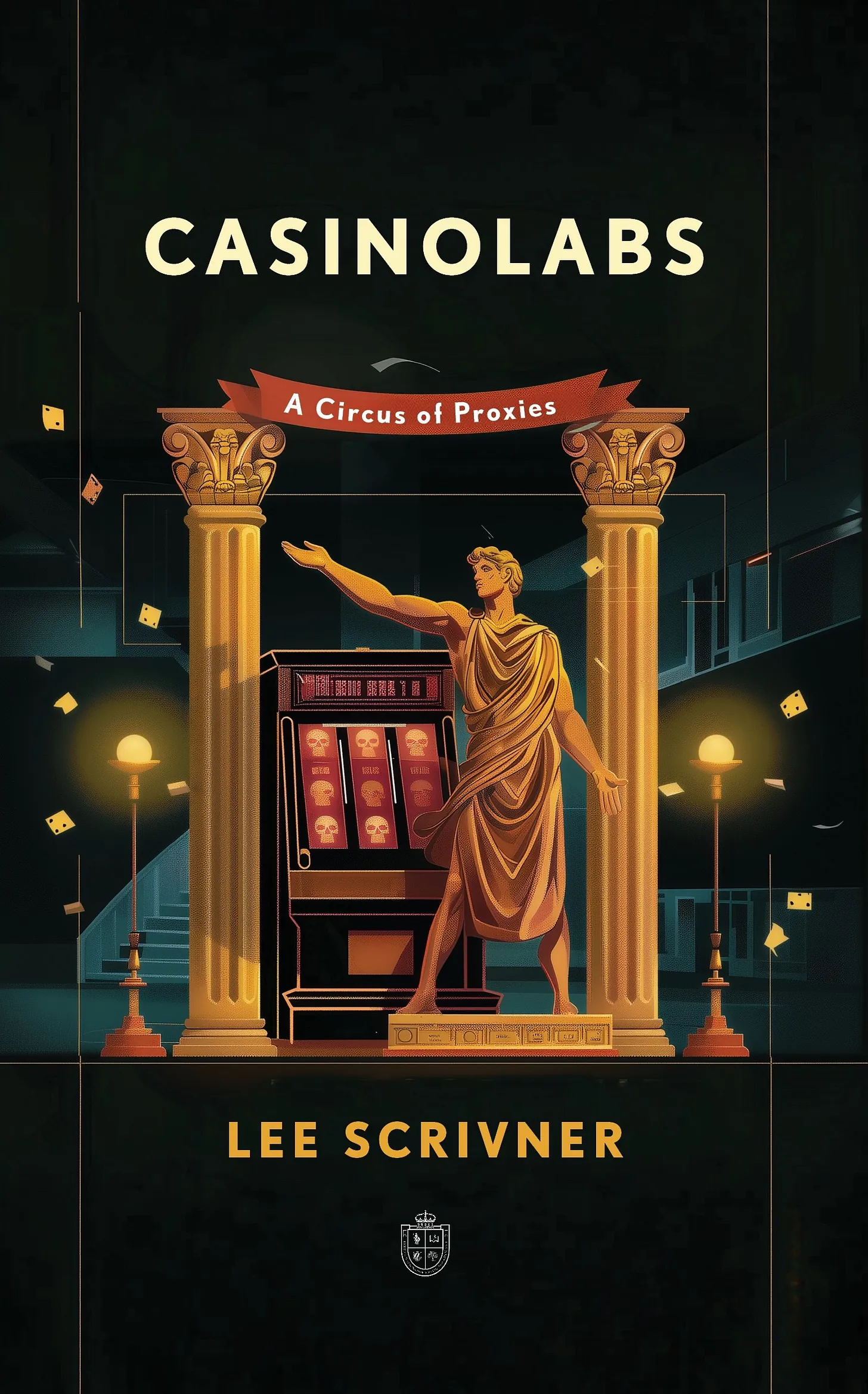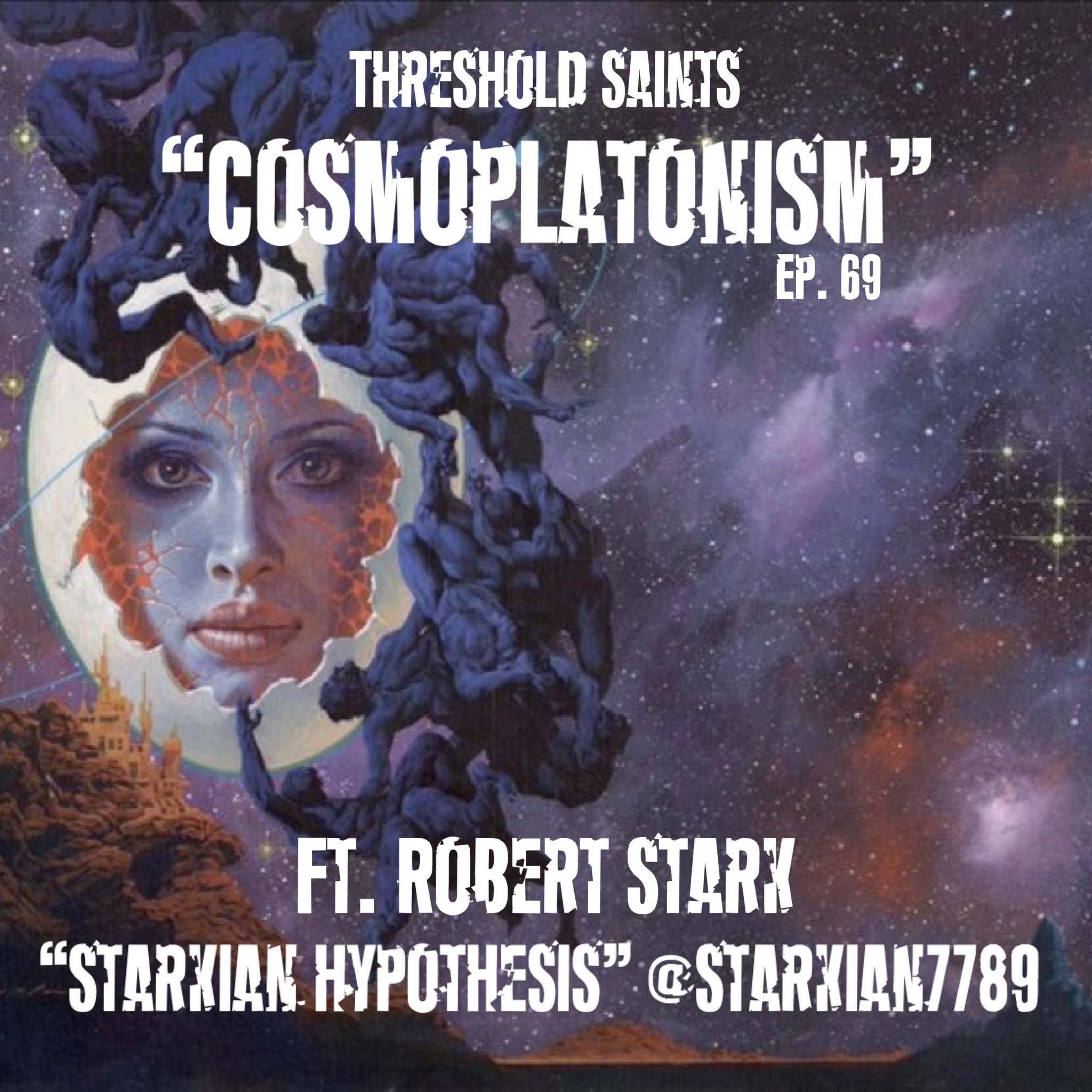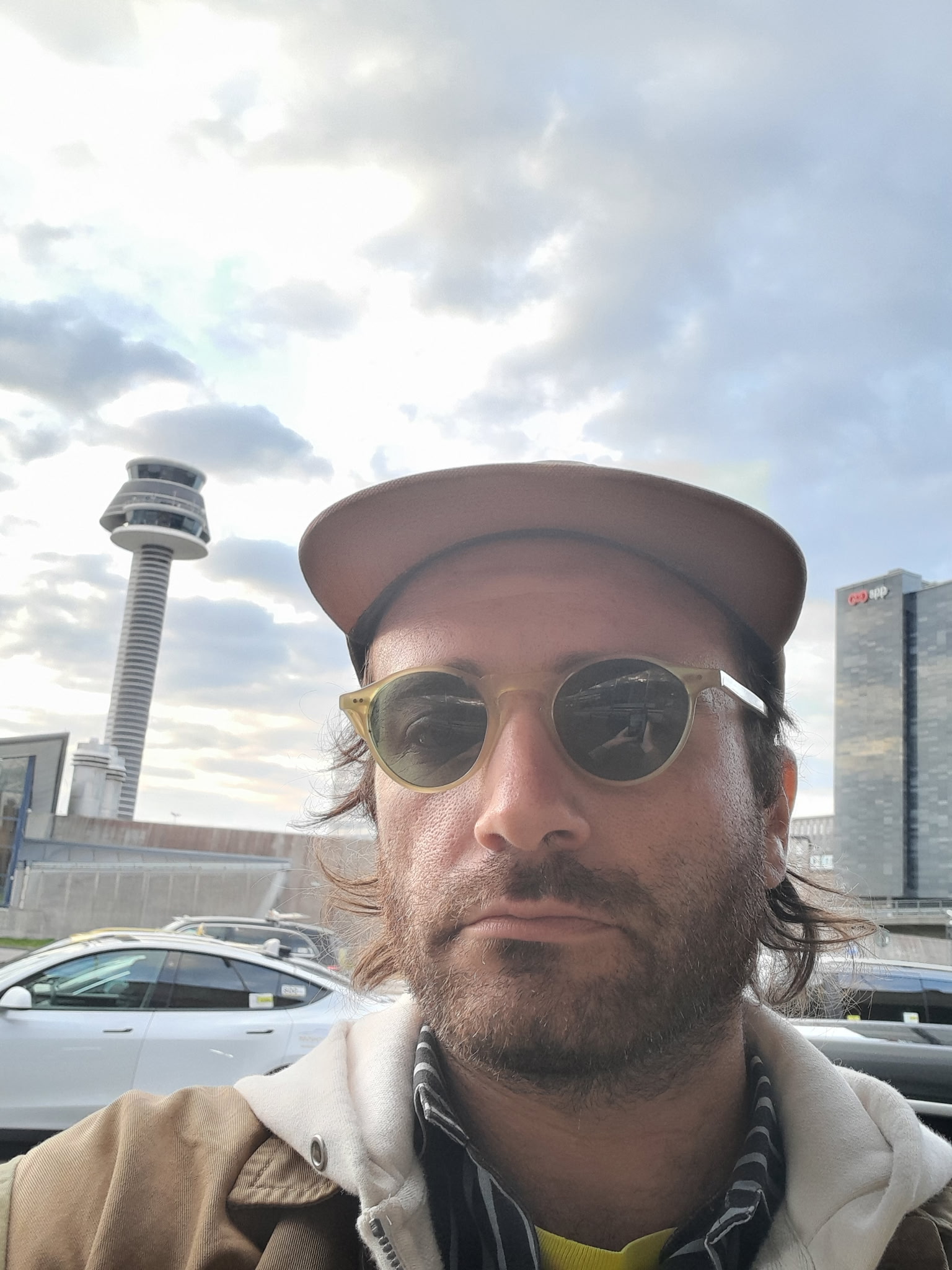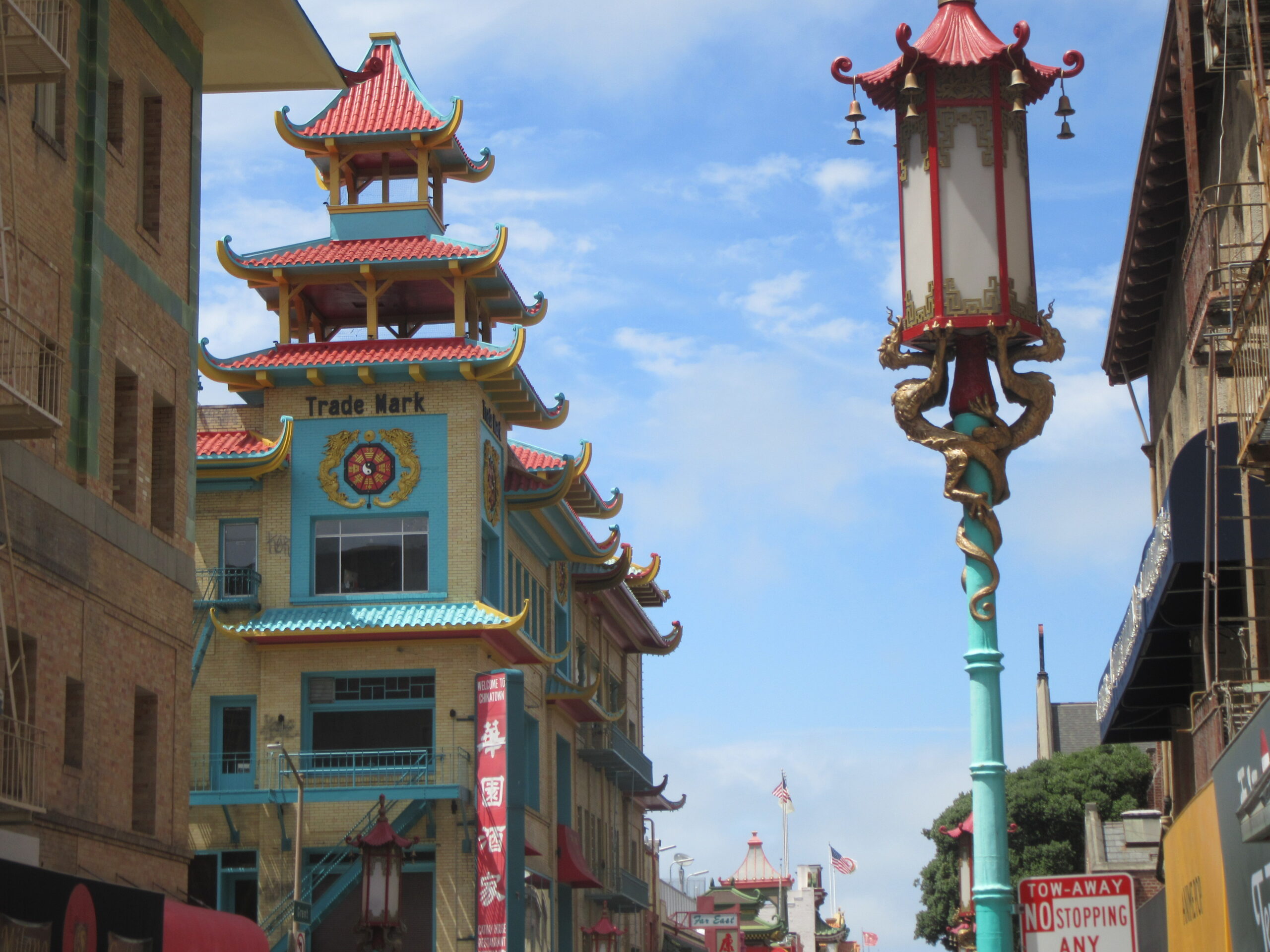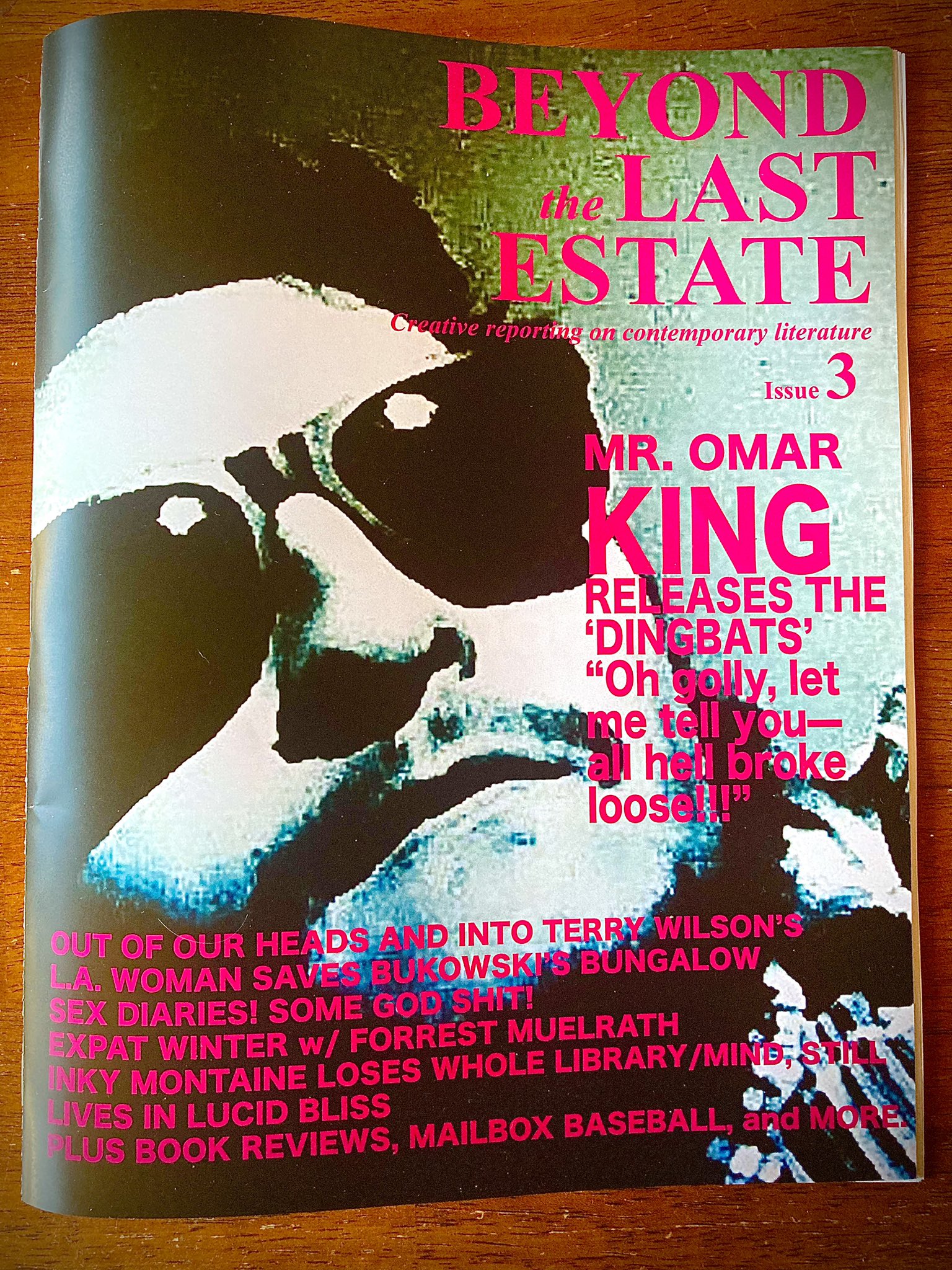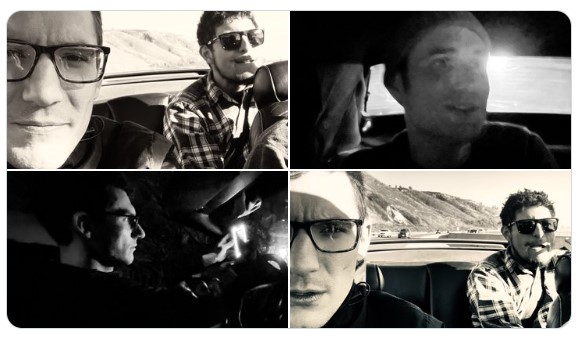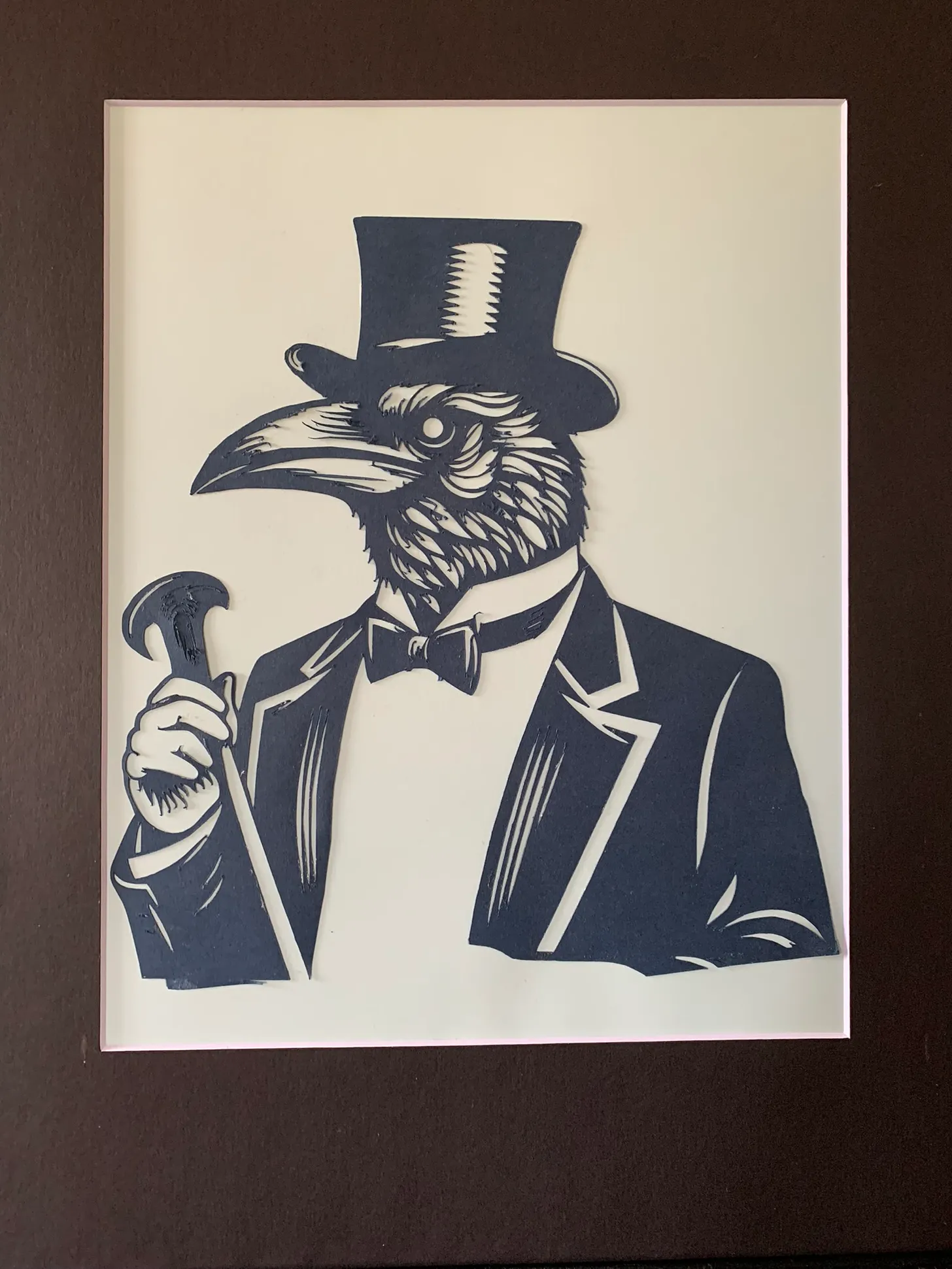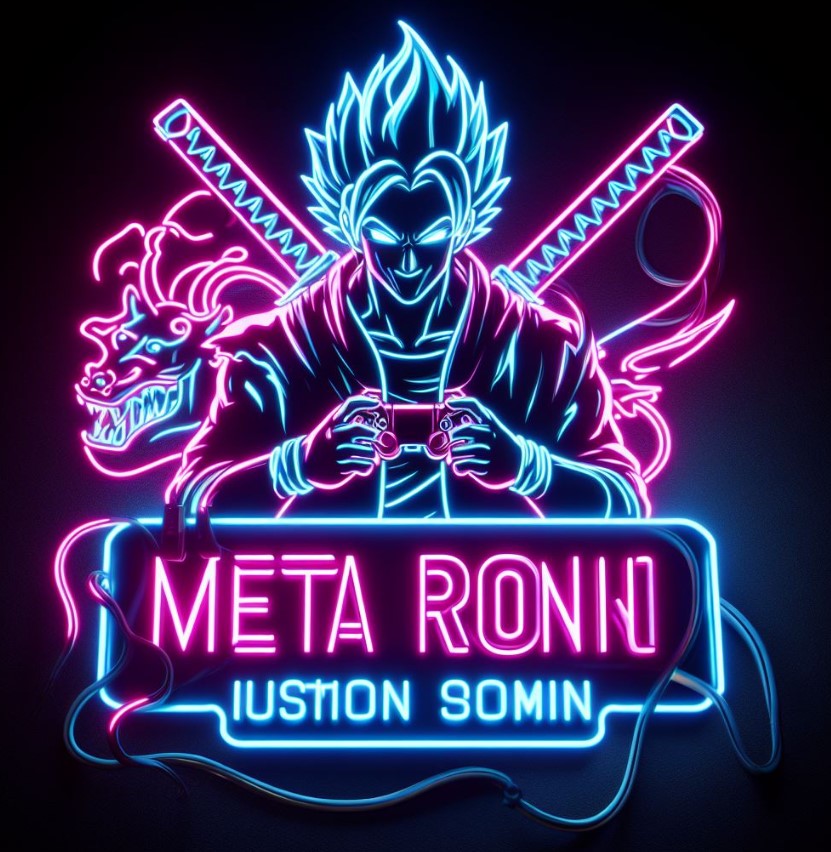Vaporfornia is available for purchase on Lulu publishing.
Reviews:
Matt Pegas’ book review: Vaporfornia
RJ Smith: Dissident Reviews #6: Vaporfornia by Robert Stark
Rainer Chlodwig von K: Esoteric Brezhnevism: Commoditizing the Starkian
Pilleater: Max von Mueller meets Lilly Nguyen
a review of Robert Stark’s “Vaporfornia”
ANDROGENIC LITERATURE REVIEW Vol. 4: Vaporfornia
when incelcore doesn’t quite work
Promos:
Politics of Aesthetics revisited in Vaporfornia
Addendum to Vaporfornia
Fictional Presidential Debate in Vaporfornia
Roger Blackstone’s Fictional Campaign Promo in Vaporfornia
Vaporfornia: Three Campaign Promos about the Future of the American Dream
Podcasts:
Counter-Currents Radio Podcast No. 409
Robert Stark on His New Novel Vaporfornia
New Write with Matt Pegas & Dan Baltic: Vaporfornication w/ Robert Stark
